Software Design
The process of conceiving, organizing, and developing a software system’s architecture, structure, and functionality is known as software design. It entails specifying the general design, constituent parts, and interactivity of the software to satisfy certain demands and goals. To make sure the finished product lives up to expectations and performs well, software developers take into account a variety of elements during the design process, including user needs, system performance, scalability, and security. Before development starts, this process usually involves producing wireframes, prototypes, and comprehensive design documents that show the functionality and layout of the software. A well-designed piece of software sets the stage for the development process by providing direction to programmers as they implement the features and code needed to make the software a reality. Additionally, it makes it easier for stakeholders and team members to collaborate and guarantees that everyone is aware of.
Object-Oriented Design (OOD):
Focuses on arranging software parts into objects that may be reused, enabling systems that are modular, adaptable, and scalable.
Service-Oriented Architecture (SOA)
Emphasizes the creation of loosely coupled, interoperable services that communicate through standardized protocols, enabling flexibility and integration across different platforms and technologies.
- Adaptable to different screen sizes and devices.
- Seamless navigation and logical information architecture.
- Giving customer feedback is a top priority in order to continuously improve.
- Accessible design that is inclusive for a variety of users.
The process of planning and imagining the architecture, functionality, and organization of software systems prior to creation is known as software design.
Software design is essential because it guarantees that the final product will function well, be scalable, maintainable, and meet user needs.
Modularity, abstraction, encapsulation, and separation of concerns are important concepts that support scalability, maintainability, and reusability.
Working Hours
- Sunday closed
GET A FREE CONSULTANCY RIGHT NOW HERE!
Need Help?
+92 48 3258626
